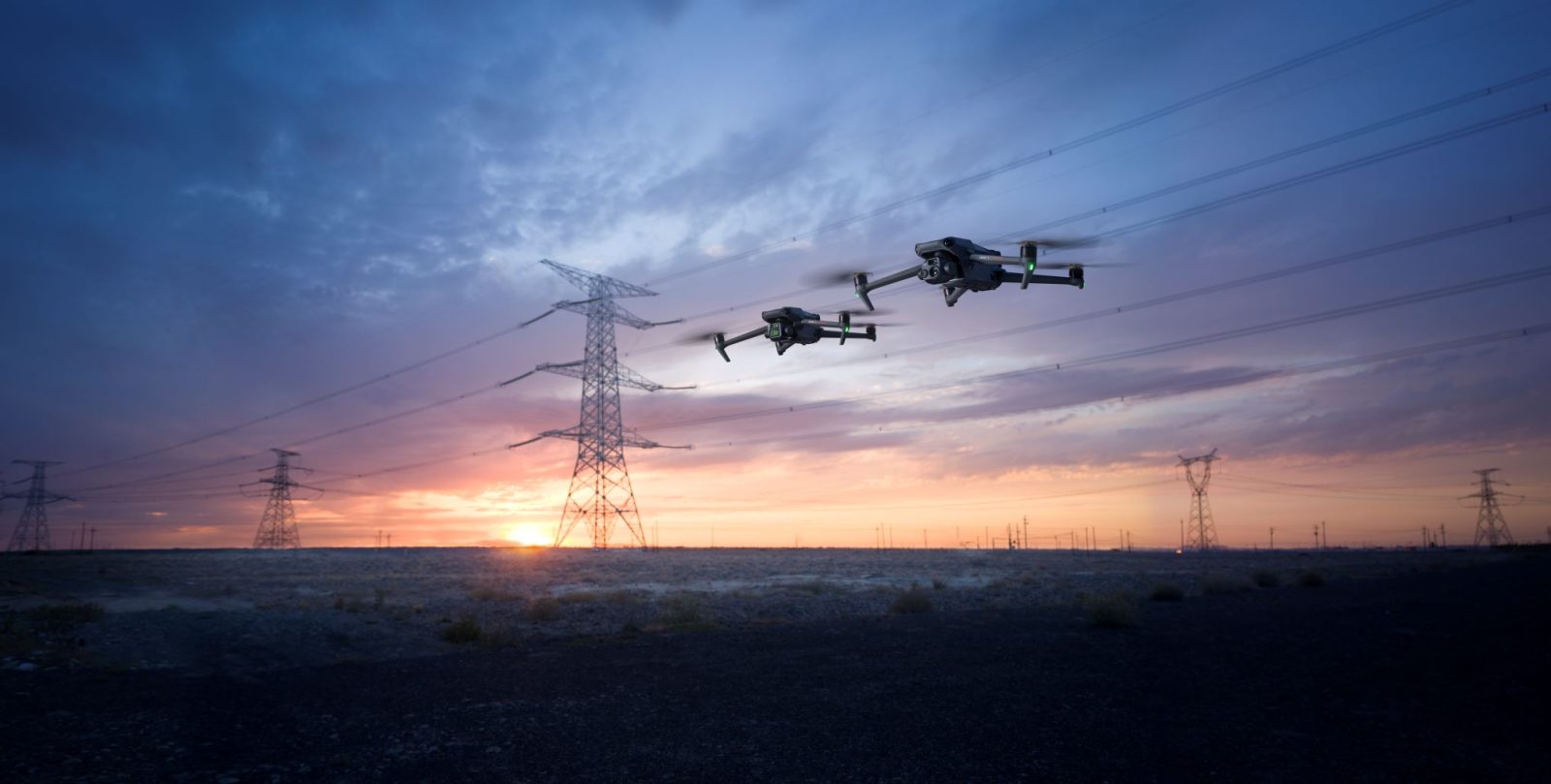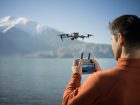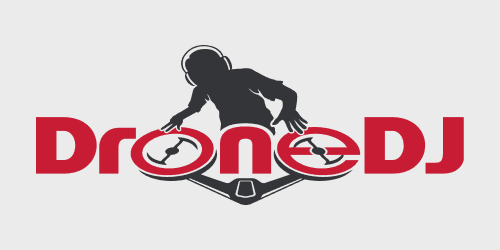
The world’s biggest consumer drone maker DJI has issued a detailed response to recent US congressional concerns regarding its relationship with Texas-based Anzu Robotics.
US lawmakers recently sent a letter to Anzu, accusing the tech company of having questionable ties with China’s DJI. They also raised issues surrounding DJI’s operations, particularly the drone maker’s alleged connections to the Chinese government, as well as national security concerns.
DJI has now categorically refuted these allegations, emphasizing the inaccuracies presented by the lawmakers and providing clarification on several key points.
Explaining the DJI-Anzu Robotics relationship
To begin with, DJI has made it clear that Anzu Robotics is not an affiliate of the company. According to DJI, the relationship between the two firms is purely based on a standard technology licensing agreement. Anzu Robotics acquired specifications related to DJI’s Mavic 3 Enterprise products, along with associated intellectual property. This kind of arrangement, DJI explains, is common across various industries, and there is nothing unusual or inappropriate about it.

It’s well-known that DJI has a longstanding history of fostering innovation by providing its technology platforms to third parties. The company highlights its collaboration with Skycatch in 2018, where it partnered to develop custom drones.
Furthermore, DJI’s Software Development Kit (SDK) has enabled numerous American developers and businesses to create new software solutions for various applications, ranging from agriculture to search and rescue. The similarities between the software used by Anzu Robotics and DJI’s flight apps can be attributed to the use of DJI’s SDK, but DJI stresses that Anzu is fully responsible for its software updates and data policies.
Addressing allegations of Chinese government control
The recent congressional letter also reiterated claims that DJI maintains close ties with the Chinese government, suggesting that DJI has received significant investments from state entities. DJI vehemently denies these claims, stating that the majority ownership of the company lies with its founding partners. According to DJI, no Chinese government entity or representative sits on its board, nor do they influence its operations.
DJI further explains that less than 6% of its shares and under 1% of voting rights are held by state-owned banks, municipal investment funds, and capital management companies. However, the company emphasizes that these entities function as institutional investors, akin to a US state-backed pension fund investing in American technology companies. DJI underscores that this investment does not equate to control or subsidy and is a normal part of global business operations.
Rebutting national security concerns
The letter from US lawmakers also referenced the Department of Defense’s (DoD) designation of DJI as a “Chinese Military Company,” citing potential threats to national security. DJI categorically denies any connections with the military and asserted that it does not produce military-grade equipment nor does it seek to enter the combat market. The company highlights its longstanding policy of denouncing the use of its drones in combat situations, a policy that is strictly enforced among its distributors, resellers, and business partners.
DJI further points out that the claims of “potential threats” mentioned by the lawmakers are not supported by any concrete evidence, despite years of such allegations being circulated in the US.
Also see: DJI ban: What happens to the drone I already own?
DJI also addresses concerns raised by the Treasury Department, which prohibits US investors from investing in the company due to allegations that DJI had supplied drones to the Xinjiang Public Security Bureau, which allegedly used them to surveil Uyghurs in the Xinjiang region. DJI firmly denies engaging in any activities that violate or abuse human rights, stating that it has no control over how its products are used once they are sold off the shelf. The company also emphasizes its commitment to developing products solely for peaceful and civilian use, as evidenced by its investments in product safety and security initiatives over the years.
Moreover, DJI notes that its internal policies strictly prohibit doing business with parties listed on US sanctions lists, even if there is no direct US nexus to the transactions in question.
Critique of US government actions
Lastly, DJI criticizes recent actions by the US Commerce Department and other agencies, such as adding DJI to the Entity List, which restricts US-based companies from exporting technology to the firm, and grounding DJI drones purchased by the Department of the Interior. DJI describes these decisions as unfortunate and based on inaccurate information. The company expresses concern over the broader impact of these actions, which it believes could harm thousands of jobs and businesses within the US drone ecosystem.
In conclusion, DJI reiterates its commitment to maintaining high standards of safety, reliability, and innovation in its products. The company calls for a more informed and open dialogue to ensure that the US drone market remains competitive and that operators have the freedom to choose the best products for their needs.
Read more: DJI Neo drone: What to expect ahead of September 5 release
FTC: We use income earning auto affiliate links. More.






Comments